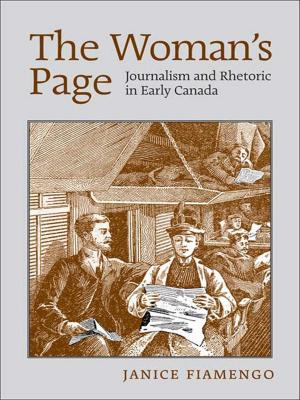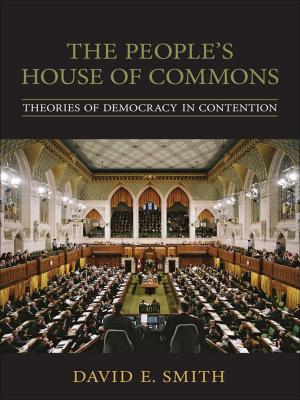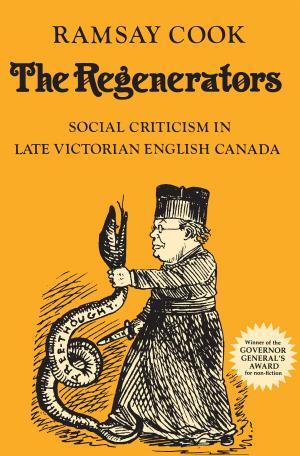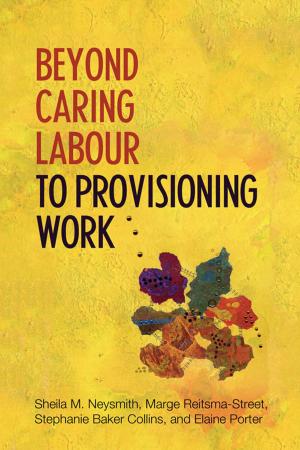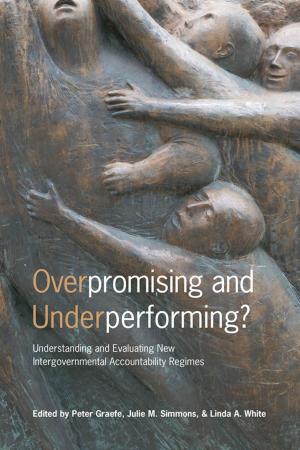Writing Conscience and the Nation in Revolutionary England
Nonfiction, History, Renaissance, Modern, Fiction & Literature, Literary Theory & Criticism| Author: | Giuseppina Iacona Lobo | ISBN: | 9781487512705 |
| Publisher: | University of Toronto Press, Scholarly Publishing Division | Publication: | August 28, 2017 |
| Imprint: | Language: | English |
| Author: | Giuseppina Iacona Lobo |
| ISBN: | 9781487512705 |
| Publisher: | University of Toronto Press, Scholarly Publishing Division |
| Publication: | August 28, 2017 |
| Imprint: | |
| Language: | English |
Examining works by well-known figures of the English Revolution, including John Milton, Oliver Cromwell, Margaret Fell Fox, Lucy Hutchinson, Thomas Hobbes, and King Charles I, Giuseppina Iacono Lobo presents the first comprehensive study of conscience during this crucial and turbulent period.
Writing Conscience and the Nation in Revolutionary England argues that the discourse of conscience emerged as a means of critiquing, discerning, and ultimately reimagining the nation during the English Revolution. Focusing on the etymology of the term conscience, to know with, this book demonstrates how the idea of a shared knowledge uniquely equips conscience with the potential to forge dynamic connections between the self and nation, a potential only amplified by the surge in conscience writing in the mid-seventeenth-century. Iacono Lobo recovers a larger cultural discourse at the heart of which is a revolution of conscience itself through her readings of poetry, prose, political pamphlets and philosophy, letters, and biography. This revolution of conscience is marked by a distinct and radical connection between conscience and the nation as writers struggle to redefine, reimagine, and even render anew what it means to know with as an English people.
Examining works by well-known figures of the English Revolution, including John Milton, Oliver Cromwell, Margaret Fell Fox, Lucy Hutchinson, Thomas Hobbes, and King Charles I, Giuseppina Iacono Lobo presents the first comprehensive study of conscience during this crucial and turbulent period.
Writing Conscience and the Nation in Revolutionary England argues that the discourse of conscience emerged as a means of critiquing, discerning, and ultimately reimagining the nation during the English Revolution. Focusing on the etymology of the term conscience, to know with, this book demonstrates how the idea of a shared knowledge uniquely equips conscience with the potential to forge dynamic connections between the self and nation, a potential only amplified by the surge in conscience writing in the mid-seventeenth-century. Iacono Lobo recovers a larger cultural discourse at the heart of which is a revolution of conscience itself through her readings of poetry, prose, political pamphlets and philosophy, letters, and biography. This revolution of conscience is marked by a distinct and radical connection between conscience and the nation as writers struggle to redefine, reimagine, and even render anew what it means to know with as an English people.



